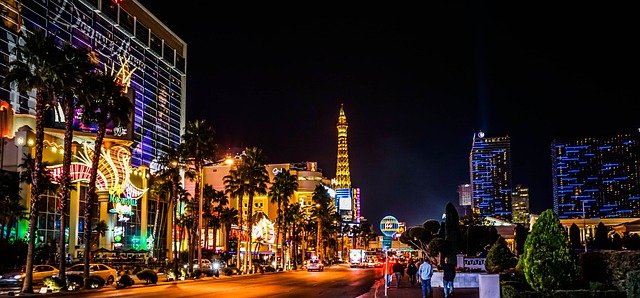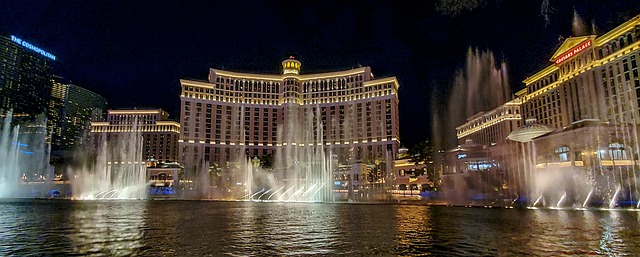Casinos in Poland: A Glance into the World of Gambling

Poland, a country rich in history and culture, has also made its mark in the world of gambling through its casinos. While not as renowned as some other global gambling destinations, Poland offers a unique blend of traditional charm and modern entertainment within its CasinoChan industry. From historical roots to contemporary developments, the Polish casino scene presents an intriguing narrative.
Historical Context:
The history of gambling in Poland can be traced back to the 18th century when the Polish kings and nobility were known to indulge in various games of chance. However, the tumultuous events of the 20th century, including World War II and the subsequent Soviet influence, led to a decline in the gambling industry. During this period, gambling was mostly restricted or heavily regulated.
Modern Resurgence:

In the post-communist era, Poland witnessed a revival of its gambling industry. The first legal casinos were established in the 1990s, particularly in popular tourist destinations like Warsaw, Krakow, and Gdansk. These casinos catered not only to local players but also to international visitors, contributing to Poland’s growing reputation as a casino destination.
Regulation and Legislation:
The regulation of casinos in Poland has evolved over the years to strike a balance between promoting responsible gambling and generating revenue for the state. The Polish government introduced stricter gambling laws in 2009, aiming to curb problem gambling and enhance transparency within the industry. These regulations cover areas such as licensing, taxation, and advertising, ensuring that casinos operate in accordance with the law.
Casino Landscape:
While Poland might not be synonymous with casinos on a global scale, it boasts a diverse range of casino establishments. From opulent and luxurious venues to smaller, more intimate settings, the country’s casinos cater to various preferences. Visitors can experience the thrill of classic table games like poker, blackjack, and roulette, as well as a wide array of modern electronic gaming machines.
Tourist Appeal:

Poland’s casinos hold a particular allure for tourists seeking entertainment beyond the country’s historical landmarks. The strategic locations of many casinos, often situated in bustling city centers or near popular tourist spots, make them accessible and appealing to both local and international visitors. This integration of entertainment and tourism has helped boost Poland’s image as a multifaceted destination.
Challenges and Future Prospects:
Despite the growth of the casino industry, Poland has faced challenges related to responsible gambling and the potential for increased gambling addiction. Striking a balance between allowing recreational gambling and protecting vulnerable individuals remains an ongoing concern.
Looking ahead, the future of casinos in Poland appears to be one of adaptation and innovation. The industry will likely continue to evolve to keep pace with changing technologies and consumer preferences. The rise of online gambling platforms has also presented new opportunities and challenges for traditional brick-and-mortar casinos, encouraging them to embrace digital transformation to remain competitive.